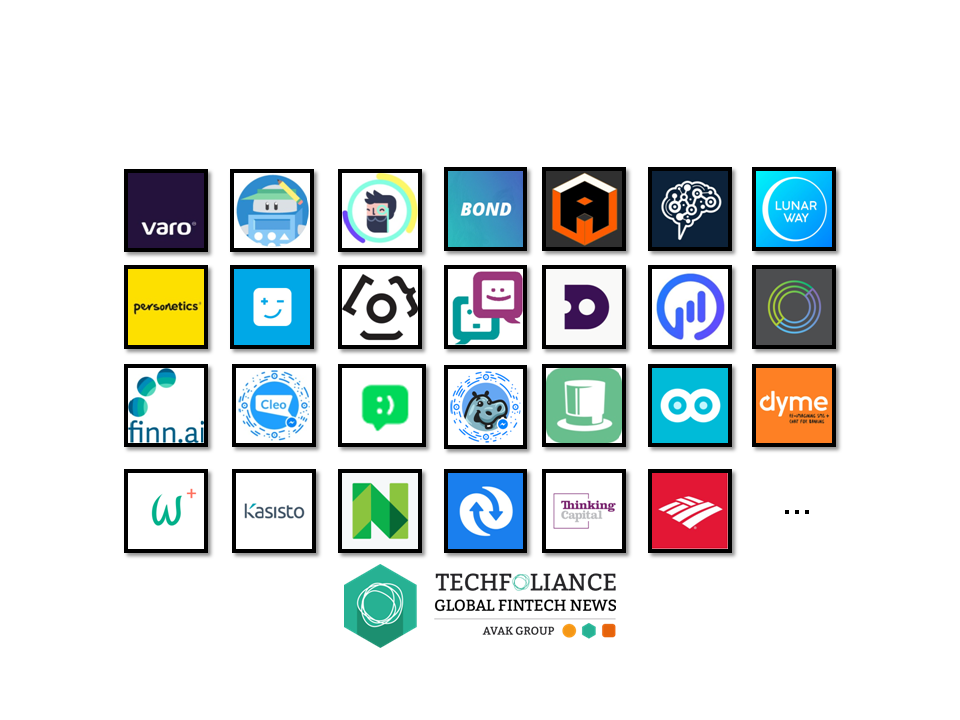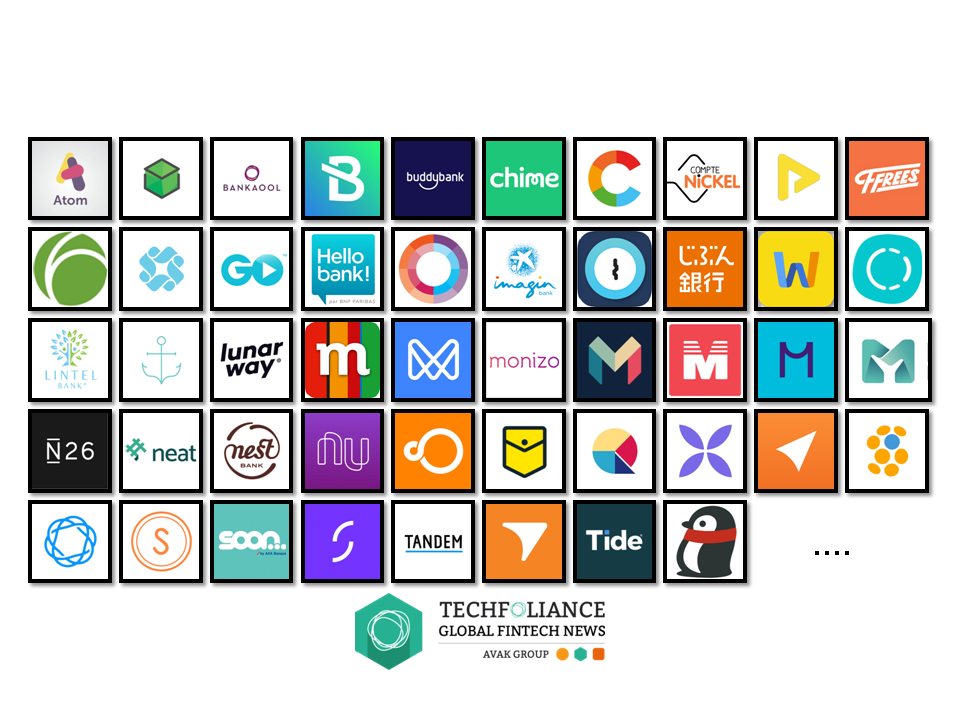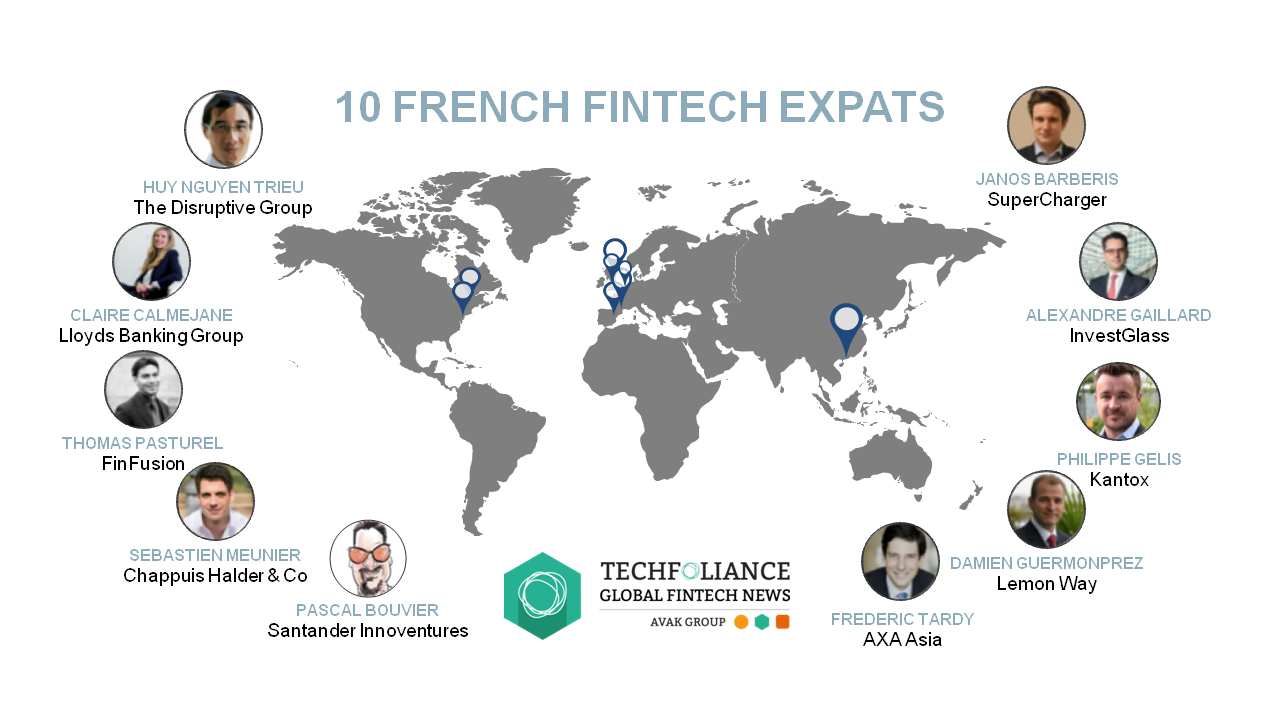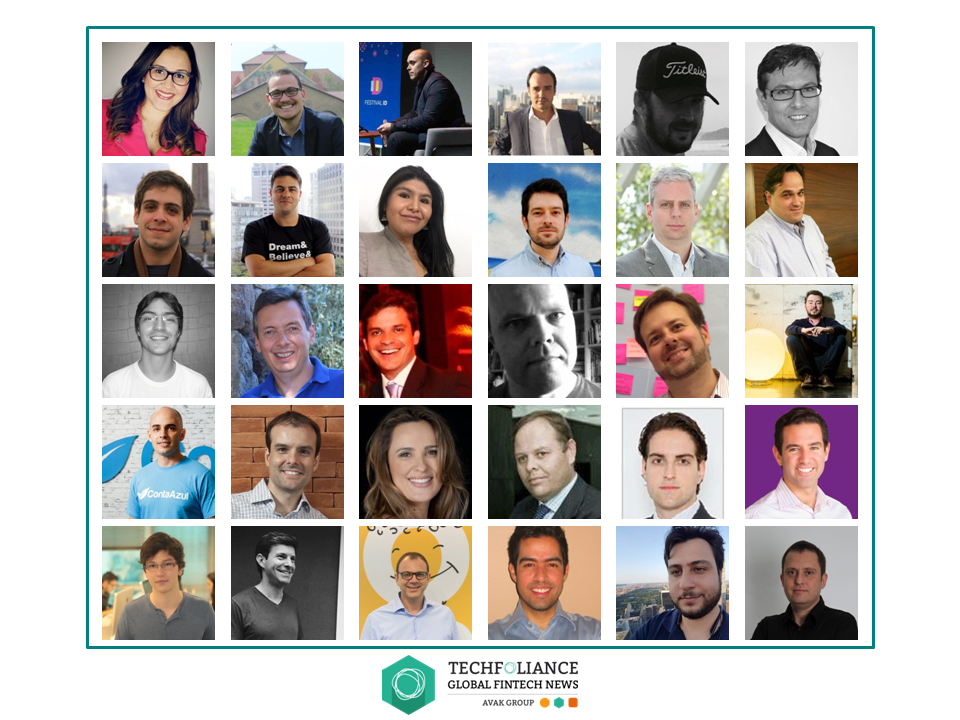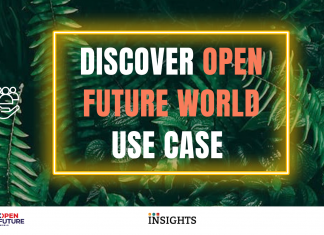
By Penda Coulibaly
A Boom of Data Science and AI Jobs in Finance
A logical outcome of the recent crisis is that employers are increasingly responsive to the needs of workers and investors. At the same time, major investors want to put their money into projects they truly believe in, while employees want to work for businesses or institutions that share their vision. As a result, a greater focus is being paid to issues of corporate sustainability, digital and human capital. This is especially striking in finance.
Apart from new forms of communication between colleagues and clients, the crisis has prompted finance and asset management firms to increasingly rely on data science. It is a useful tool for predicting future client behaviour in situations of panic and stress, or for developing new asset allocation and investment portfolio construction models. Meanwhile, banks and financial services companies are developing blockchain platforms and employing AI technology, including algorithms and machine learning, to calibrate and optimise their portfolios, to try to decrease risk and fees, to underwrite loans, or to test new payment methods, among other things.
But top managers’ main focus should be on maximising in-house talent, as well as try to attract more and more talented and creative individuals to their company. At Ampersand World we help them empower their human capital while building a culture for the future.
FinTech Disruptors Create Human Capital Challenges
In tandem with the ongoing digital revolution, the labour market is evolving rapidly before our eyes. According to data collected from Glassdoor, one of the top websites for job search, some of the most common job openings in AI and finance are for machine learning engineers and data engineers. Yet, workers who already work in finance and are willing to learn how to navigate the AI landscape will be in great demand, too, according to Glassdoor senior economist Daniel Zhao.
Since the late 2010s, the financial sector has been experiencing a boom in job offers requiring skills in machine learning, artificial intelligence, and blockchain. In the United States alone, job listings including these requirements increased 60% last year. Artificial intelligence is creating new jobs, but is also displacing old ones. Hundreds of million workers might be displaced by 2025, according to McKinsey Global Institute estimates, with millions of people worldwide who would need to switch occupations or upgrade their skills.
While the surge in FinTech and Artificial Intelligence raises concerns about the future of work, we must not forget that for banks and asset managers the attraction and retention of qualified workforce is key, which is why upskilling and retraining become essential. This is especially true for companies which have invested heavily in Blockchain, FinTech, AI, and – as a by-product – ESG (Environmental, Social and Corporate Governance) criteria, as every technological innovation will have to include sustainable development.
Soft Skills like Creativity and Critical Thinking Become More Relevant
Hence the need to identify the best-fit talent, both in culture and skill-set. LinkedIn data show that last year the most in-demand soft skill for applicants in all industries was creativity. Now that we are well into 2020, it has retained its top place. Study after study shows that as demand for AI, computing and data analysis grows, “so too will the need for human soft skills like creativity, critical thinking, persuasion and negotiation,” writes Bernadette Wightman, Managing Director of BT Group.
ILO senior economist and expert in technological change, Irmgard Nübler, believes that focusing on the development of such soft skills is key to developing a “long-term approach” to the future of work involving governments, employers and civil society. Innovation must ensure sustainable growth without leaving anyone behind. In its latest report on Global Human Capital Trends, Deloitte urges organizations to find ways to remain human in a technology-driven world.
Even if FinTech and AI will eventually take over various segments of the financial industry, the “human factor” is here to stay. At Ampersand World we have been stating this for years. Since day one, our team is trying to lead the way by advocating a new model, which is part of our DNA – that of responsible and innovative leadership that puts people at the centre.




